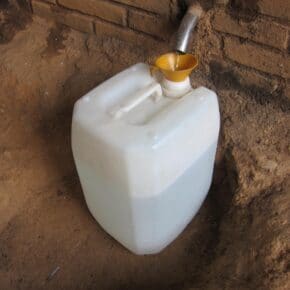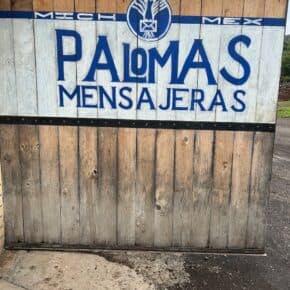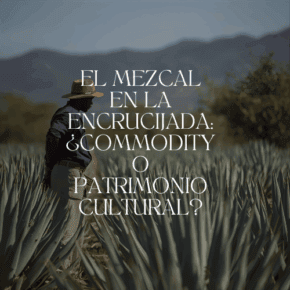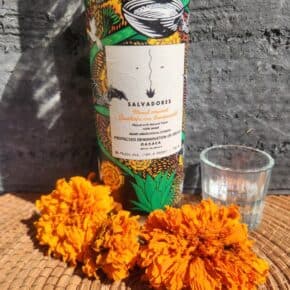
We were perplexed to read Kimo Sabe Mezcal’s post on Medium titled “3 Reasons not to worry about the Agave Shortage.” They present a map, videos, and arguments for why their distillate is something you shouldn’t worry about – the whole, trust us, we got this kind of marketing language. There are so many issues with that post that it’s difficult to pick a starting point. Fortunately John McEvoy over at Mezcal PhD has laid out most of the issues.
What really concerns us is the simple questions of transparency and standards. Kimo Sabe’s big point in that article is that they have a sustainability policy. But the real question is how do you know that the information being provided by someone is actually true and how does it measure up against common benchmarks? Put another way, how do we know that their sustainability policy actually lines up with a common definition of sustainability? And how do we actually know that they’re following it? For example, I can’t think of a single instance in which mono cropping would be considered sustainable, and yet, that is clearly how they are planting their acres and acres of agave.
These are the basics that we should expect in the mezcal world so that we can share information about issues like sustainability, production methods, and sourcing while knowing that we are actually sharing common and true information. And what about confusion? To point out just one glaring question in everything Kimo Sabe is saying about its mezcal production: Their NOM O286X means that it’s distilled in Oaxaca which would lead you to believe that it’s a Oaxacan mezcal. But the agave for the Kimo Sabe mezcal is produced from a variety of places, especially Zacatecas, so it will probably have a different flavor than a classic Oaxacan mezcal.
The same issue came up last week with Forbes’ article on Casamigos mezcal because it was so uninformed and felt as if it was written straight from a press release that we had to go all sardonic on it and run with a commenter’s suggestion that the April 1 launch date was the clear tip off. It was too silly not to be a joke, right? Well, actually it’s not a joke. The serious issues are the same as the Kimo Sabe article. It’s people making claims about major issues in the mezcal business without reference to shared standards. Basic standards. Basic definitions. It doesn’t matter how big you are, doesn’t matter than you want to make a buck, it matters that we all agree on some standards.
People have thrown around different definitions, marketing angles, and theories about what’s important in the mezcal world with varying relationships to something we’d define as true. But it’s high time that we started working on a shared definition so that we’re at least operating in the same universe.
And that’s why we launched the Mezcal Collaborative. It’s a membership group for the entire mezcal category. It is dedicated to creating standards that all of us can abide by and it’s dedicated to educating the world about them, especially the hospitality and retail staff that are the front line educators about mezcal. We have always known that there was a critical need for transparency in the mezcal world because brands can only get so much of their message out to customers. So, we’re launching this organization to create those standards and to truly build a community of mezcal professionals so that we work together to establish standards we can stand behind, language that is clear to everyone, and even the muscle to make sure that it all holds together. Ultimately this is about us, mezcal, and who is buying it. If drinkers out there can’t distinguish between marketing BS and critical issues then we’re all shooting ourselves in the collective feet.
What’s next? We’re building out the Mezcal Collaborative web site right now. You can sign up for the newsletter today. We’ll be accepting memberships shortly. Here at Mezcalistas we’ll continue to cover the mezcal industry in our standard non-partisan way and expand our scope of coverage throughout the year. Expect to hear much more as we expand our Mexico in a Bottle tastings, Spirited Conversation tastings and educational events, Mezcal Week, and so much more.












Hi. I’ve been following your discussions on sustainability with interest, asI run into the same issues trying to imports bacanoras etc. One problem is people like us think from the wrong end of the agave-the supply side. This became apparent in discussions with Anna Valenzuela of Tequila fame about marketing strategies. People first need to know what they are buying, and most importantly they need to care (most consumers don’t, or just aren’t aware). Small scale certifications (family owned, etc) such as through the “poquito es bonito” movement is a start. Also, last I heard, Anna Valenzuela was commissioned to do a new tequila book with comments on brands sustainability.